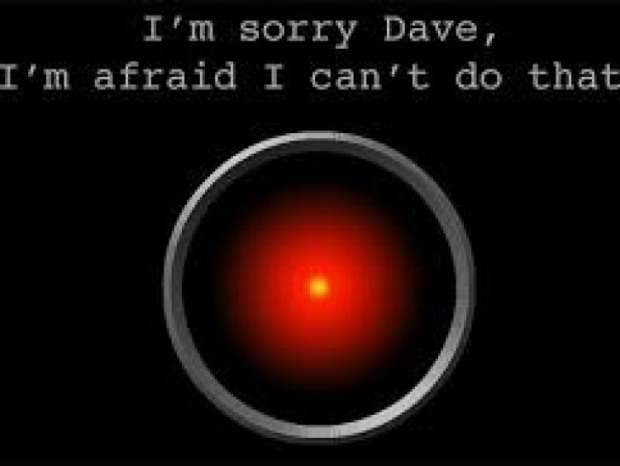According to the Guardian , medical science is desperate to find new antibiotics, so boffins trained a "deep learning" algorithm to identify the sorts of molecules that kill bacteria. To do this, boffins fed the program information on the atomic and molecular features of nearly 2,500 drugs and natural compounds, and how well or not the substance blocked the growth of the bug E coli.
Once the algorithm had learned what molecular features made for good antibiotics, the scientists set it working on a library of more than 6,000 compounds under investigation for treating various human diseases. Rather than looking for any potential antimicrobials, the algorithm focused on compounds that looked effective but unlike existing antibiotics. This boosted the chances that the drugs would work in radical new ways that bugs had yet to develop resistance to.
Jonathan Stokes, the first author of the study, said it took a matter of hours for the algorithm to assess the compounds and come up with some promising antibiotics. One, which the researchers named "halicin" after Hal, the astronaut-bothering AI in the film 2001: A Space Odyssey, looked particularly potent. Writing in the journal Cell, the researchers describe how they treated numerous drug-resistant infections with halicin, a compound that was originally developed to treat diabetes, but which fell by the wayside before it reached the clinic. Tests on bacteria collected from patients showed that halicin killed Mycobacterium tuberculosis, the bug that causes TB, and strains of Enterobacteriaceae that are resistant to carbapenems, a group of antibiotics that are considered the last resort for such infections. Halicin also cleared C difficile and multidrug-resistant Acinetobacter baumannii infections in mice. Three days after being set loose on a database of about 1.5 billion compounds, the algorithm returned a shortlist of 23 potential antibiotics, of which two appear to be particularly potent.
"[The senior researcher] now wants to use the algorithm to find antibiotics that are more selective in the bacteria they kill", adds The Guardian. "This would mean that taking the antibiotic kills only the bugs causing an infection, and not all the healthy bacteria that live in the gut. More ambitiously, the scientists aim to use the algorithm to design potent new antibiotics from scratch."




